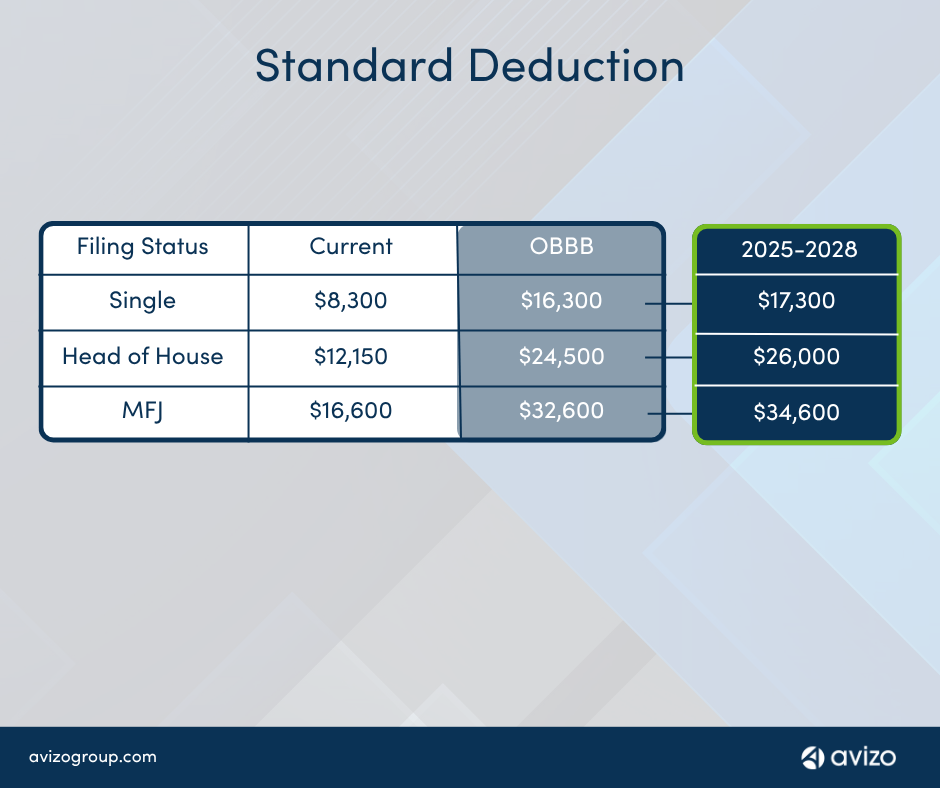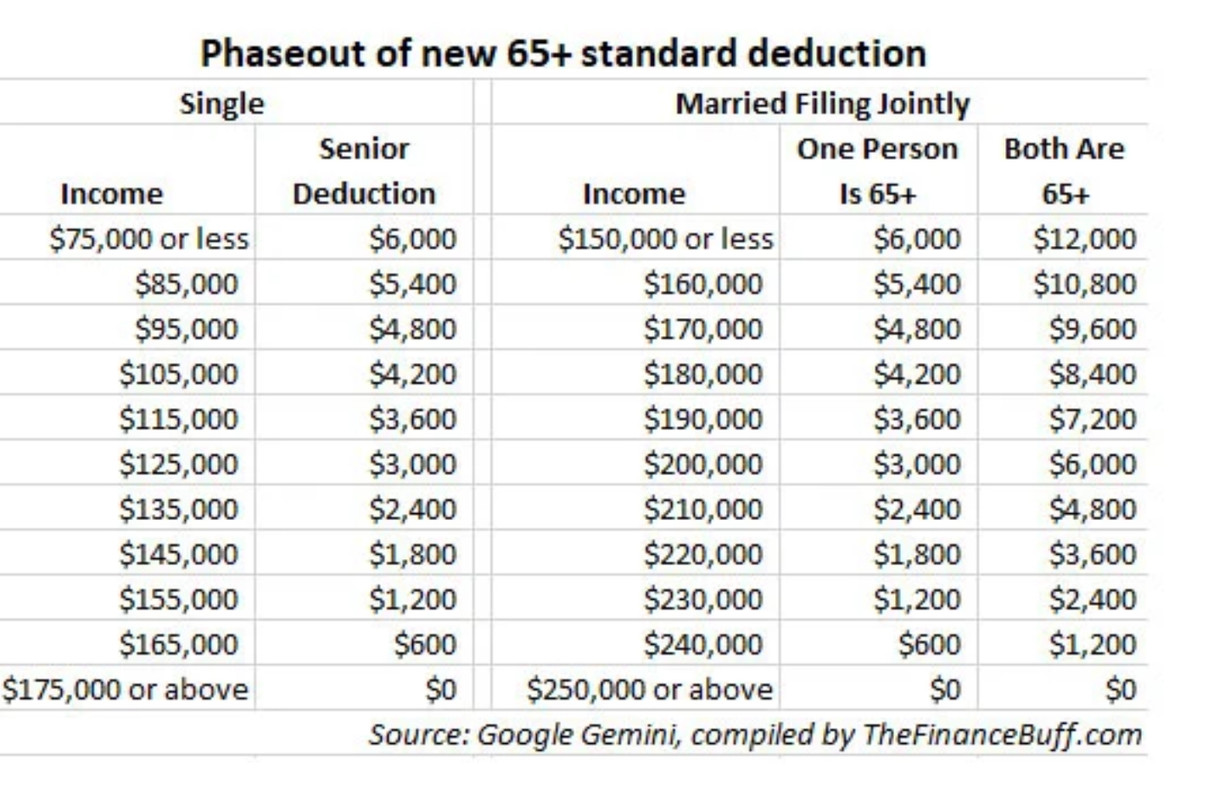The FEIE Standard Deduction: Why it matters for digital nomads
Wiki Article
Recognizing the Foreign Earned Income Exemption and Its Effect on Your Conventional Deduction
The Foreign Earned Revenue Exemption (FEIE) provides significant benefits for expatriates, allowing them to leave out a portion of their foreign-earned income from U.S. taxation. Nonetheless, claiming the FEIE can make complex one's tax scenario, especially pertaining to the conventional reduction. Recognizing this communication is important for individuals living abroad. As migrants browse these complexities, they have to take into consideration how their choices affect their total tax liability. What strategies can they use to optimize their monetary results?What Is the Foreign Earned Income Exemption (FEIE)?
The Foreign Earned Income Exclusion (FEIE) works as an essential tax advantage for U.S. residents and resident aliens working abroad. This arrangement enables qualified individuals to omit a significant portion of their foreign-earned revenue from U.S. taxes, efficiently reducing their total tax worry. The FEIE intends to ease the economic stress on migrants and motivates Americans to go after employment possibility in international markets. The exemption relates to incomes, salaries, and expert costs made while living in an international country. The optimal exemption quantity is changed annually for inflation, guaranteeing that it continues to be pertinent to present economic conditions. By utilizing the FEIE, expatriates can keep more of their income, promoting economic security while living overseas. Generally, the FEIE plays an essential role fit the financial landscape for Americans abroad, promoting a smoother shift to international workplace and promoting economic engagement on an international scale.Qualification Demands for the FEIE
Qualification for the Foreign Earned Earnings Exclusion (FEIE) is contingent upon meeting details requirements set by the Internal Profits Service (IRS) Mostly, individuals must be united state residents or resident aliens that make revenue while living in a foreign nation. To qualify, they should please a couple of main examinations: the Physical Presence Test or the Authentic Residence Test.The Physical Presence Test calls for individuals to be literally existing in a foreign country for a minimum of 330 full days within a 12-month period - FEIE Standard Deduction. Conversely, the Authentic Home Test necessitates that people develop residency in a foreign nation for a continuous duration that includes a whole tax obligation year
Furthermore, the revenue needs to be derived from individual services executed in the foreign nation. Meeting these needs allows taxpayers to leave out a considerable portion of their foreign-earned income from united state taxation, therefore decreasing their general tax obligation obligation.
Exactly how to Assert the FEIE

To begin the process, people must collect papers that confirm their foreign revenues, such as pay stubs, tax returns from foreign countries, and any appropriate employment agreement. It is necessary to assure all revenue declared under the FEIE is earned from foreign sources and satisfies the called for limits.
Furthermore, taxpayers should think about filing deadlines and any kind of possible expansions. Declaring the FEIE properly not only helps in minimizing tax obligation but likewise assures conformity with IRS laws. Proper documentation and adherence to standards are crucial for a successful claim of the Foreign Earned Revenue Exclusion.
The Communication In Between FEIE and Typical Deduction
The interaction between the Foreign Earned Revenue Exemption (FEIE) and the conventional reduction is a crucial aspect of tax planning for migrants. Comprehending the standard principles of FEIE, in addition to the constraints of the typical reduction, can greatly impact tax filing methods. This section will certainly discover these aspects and their ramifications for taxpayers living abroad.FEIE Essentials Explained
While lots of expatriates look for to minimize their tax obligation worry, recognizing the interaction between the Foreign Earned Revenue Exclusion (FEIE) and the conventional reduction is necessary. The FEIE enables united state people and resident aliens living abroad to leave out a certain quantity of foreign gained earnings from united state tax. This exclusion can considerably lower gross income, possibly impacting qualification for other reductions, such as the common reduction. Extremely, people that claim the FEIE can not also take the standard reduction versus the omitted earnings. Because of this, expatriates must meticulously i loved this examine their total revenue and reductions to enhance their tax circumstance. Awareness of these interactions can result in more enlightened economic decisions and better tax strategies for migrants steering with their unique scenarios.Criterion Deduction Limitations
Understanding the constraints of the typical deduction in connection with the Foreign Earned Earnings Exemption (FEIE) is essential for migrants navigating their tax duties. While the FEIE enables certifying individuals to exclude a specific amount of foreign-earned earnings from united state taxes, it can impact the common reduction they are eligible to claim. Specifically, taxpayers who declare the FEIE can not additionally claim the common deduction on that left out income. In addition, if an expatriate's overall income drops below the basic deduction limit, they might not profit from it at all. This interplay necessitates cautious preparation to optimize tax advantages, as underutilizing the conventional reduction can result in higher gross income and boosted tax obligation liability. Understanding these restrictions is critical for reliable tax approach.Tax Filing Implications
Maneuvering the tax filing ramifications of the Foreign Earned Earnings Exemption (FEIE) calls for cautious consideration of exactly how it communicates with the conventional reduction. Taxpayers using the FEIE can omit a significant portion of their foreign-earned revenue, however this exclusion impacts their qualification for the common reduction. Particularly, if a private insurance claims the FEIE, they can not additionally declare the typical reduction for that earnings. This can result in a lower total tax obligation but may make complex the declaring procedure. Additionally, taxpayers should guarantee compliance with internal revenue service demands when filing Kind 2555 for the FEIE. Understanding these interactions is crucial for maximizing tax advantages while avoiding possible pitfalls in the filing procedure. Careful preparation can make the most of advantages and minimize responsibilities.Potential Tax Effects of Making Use Of the FEIE
The Foreign Earned Income Exclusion (FEIE) supplies significant tax advantages for united state citizens working abroad, but it likewise includes prospective ramifications that warrant mindful factor to consider. One major repercussion is the effect on eligibility for sure tax credit reports and deductions. By choosing to make use of the FEIE, taxpayers might unintentionally reduce their modified gross income, which can restrict accessibility to credits like the Earned Earnings Tax Credit scores or reduce the amount of conventional deduction readily available.
Additionally, individuals who make use of the FEIE might deal with issues when returning to the U.S. tax system, specifically concerning the tax of future earnings. The exemption uses just to earned income, implying various other earnings types, such as rewards or passion, stay taxable. This difference requires careful record-keeping to ensure conformity. The FEIE might affect state tax responsibilities, as some states do not recognize the exclusion and might tire all revenue made by their locals, no matter of where it is made.
Tips for Optimizing Your Tax Obligation Advantages While Abroad
While functioning abroad can be improving, it additionally presents special opportunities to enhance tax benefits. To take full advantage of these advantages, people need to first determine their qualification for the Foreign Earned Earnings Exclusion (FEIE) and take into consideration the physical presence examination or the authentic house test. Maintaining detailed records of all revenue made and costs incurred while overseas is essential. This paperwork sustains cases for reductions and credit ratings.Furthermore, comprehending see this page the tax obligation treaties between the USA and the host country can assist prevent dual taxation. People must also check out contributions to tax-advantaged accounts, such as Individual retirement accounts, which may give more reductions.

Getting in touch with a tax obligation expert specializing in expatriate tax law can provide customized strategies and guarantee conformity with both U.S. and foreign tax obligation responsibilities. By taking these steps, expatriates can efficiently boost their financial situation while living abroad.
Frequently Asked Questions
Can I Make Use Of FEIE if I Function for an International Federal government?
Yes, an individual can make use of the Foreign Earned Earnings Exemption (FEIE) while helping an international government, given they meet the requisite problems outlined by the IRS, including the physical presence or bona fide house tests.
Does FEIE Relate To Self-Employment Income?
The Foreign Earned Revenue Exemption (FEIE) does use to self-employment earnings, provided the individual satisfies the required demands. Qualified freelance individuals can omit qualifying revenue made while staying in an international country from tax.What happens if My International Revenue Exceeds the FEIE Restriction?
If foreign revenue exceeds the FEIE limitation, the excess quantity may be subject to U.S. taxation. Taxpayers must report and pay tax obligations on the earnings over the exclusion threshold while still gaining from the exclusion.Can I Claim the FEIE and Make A List Of Reductions?
Yes, individuals can assert the Foreign Earned Revenue Exclusion (FEIE) while likewise itemizing deductions. They have to be mindful that asserting the FEIE might impact the accessibility of specific itemized reductions on their tax return.
Just How Does FEIE Influence My State Tax Responsibilities?
The Foreign Earned Earnings Exclusion can minimize state tax obligation commitments, as lots of states comply with government standards. Nonetheless, specific state policies vary, so it's important to speak with state tax laws for particular ramifications on tax responsibilities.The Foreign Earned Revenue Exclusion (FEIE) provides considerable advantages for expatriates, allowing them to exclude a part of their foreign-earned earnings from United state tax. While many expatriates seek to lower their tax problem, comprehending the communication in between the Foreign Earned Revenue Exemption (FEIE) and the standard reduction is necessary. Understanding the restrictions of the standard reduction in relationship to the Foreign Earned Earnings Exclusion (FEIE) is crucial for expatriates steering their tax responsibilities. The exemption applies only to earned earnings, indicating other income types, such as returns or passion, continue to be taxable. The site web Foreign Earned Income Exclusion (FEIE) does apply to self-employment income, gave the specific meets the necessary demands.
Report this wiki page